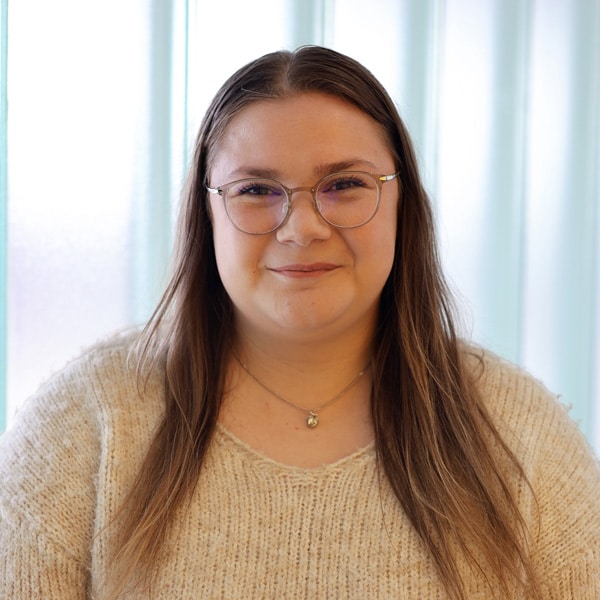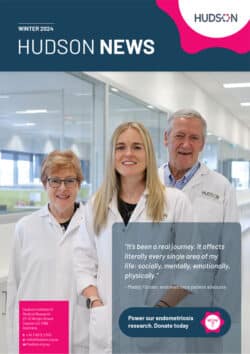Ebony Cannata is a member of the Fetal and Neonatal Health Research group in The Ritchie Centre.

Areas of interest
Birth asphyxia Cerebral Palsy Fetal growth restriction (FGR) Preterm birth
Research group

Ebony Cannata
Degree:
PhD student
Research Group:
Research Centre:
Area of study:
Fetal and Neonatal Cardiorespiratory Physiology
Supervisors:
Year of enrolment:
2022
Why did you choose Hudson Institute and your research group?
After completing my honours at Hudson Institute's Ritchie Centre in 2021, I found a new passion for research. The senior staff and students in the Centre were so welcoming and passionate about their work, so staying was an easy decision.
What is your research about and what do you hope to achieve?
My research is focused on finding the best factors that stimulate breathing in preterm babies, which will allow optimal non-invasive ventilation. This currently involves investigating maternal hyperoxygenation and how this will stabilise the transition to newborn life.
What is it like being a student at Hudson Institute?
Being a student at Hudson Institute is so rewarding. You know that you are working in an institute that is putting forward effective and important research that has, and will continue to, implement significant change in the medical field.
What opportunities have you had at Hudson Institute?
In my brief time at Hudson Institute, I have already attended and presented at an interstate conference, joined the Hudson Institute Student Society (HISS) as treasurer, and have been used the incredible facilities across many institutes that have enhanced my research experience.
How will your research help others?
Finding ways to safely and more effectively stimulate breathing and assist the transition to life in preterm neonates will greatly impact families around the world, and reassures them that great research is being done to help their little ones!


